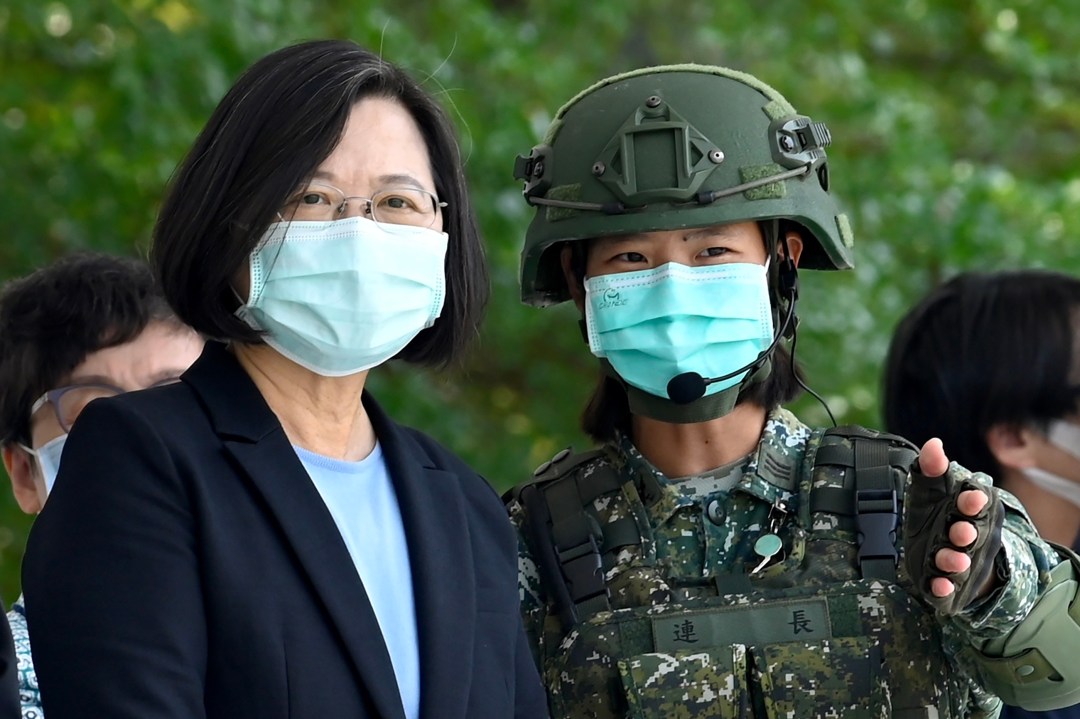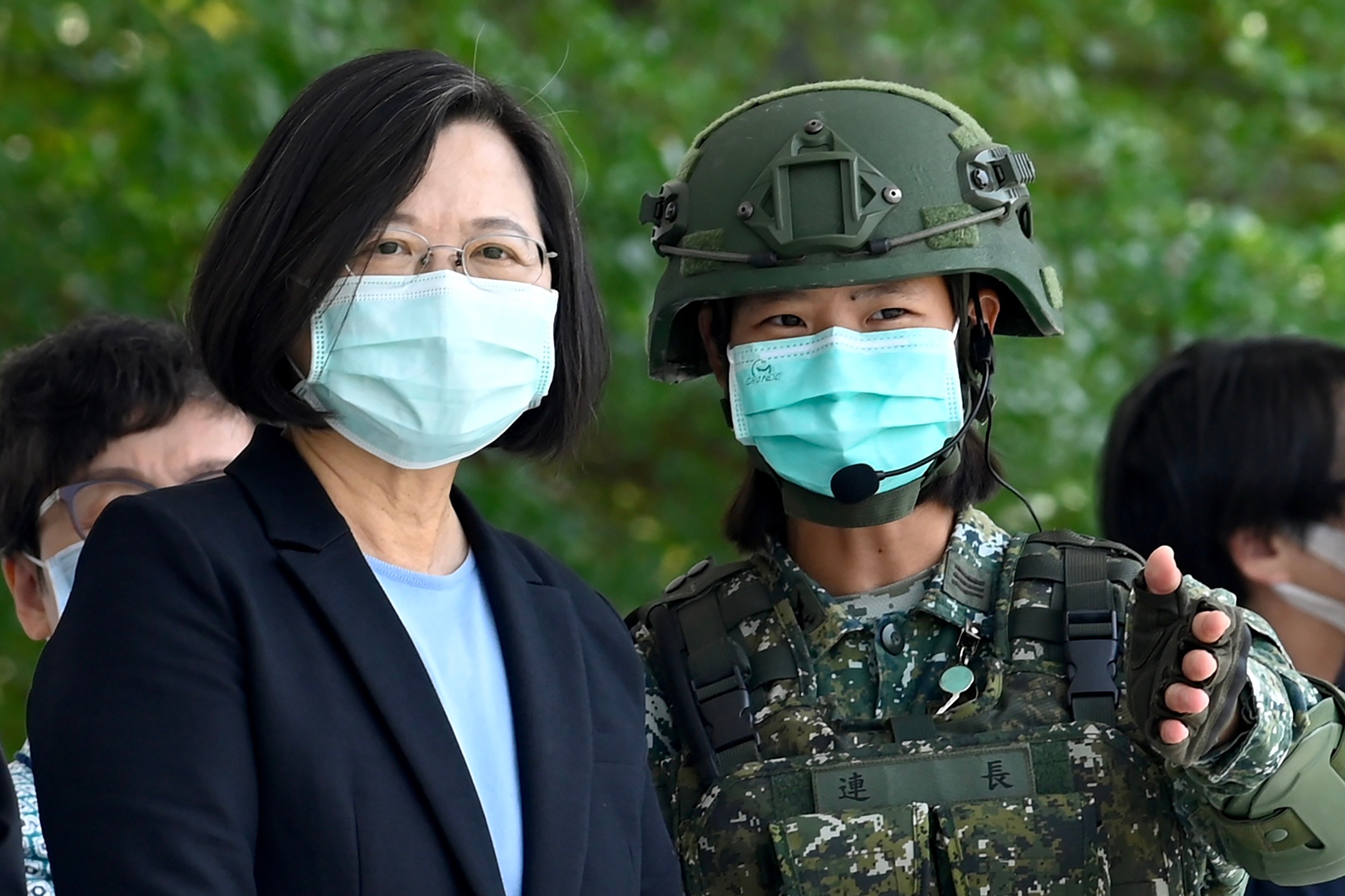After a landslide victory in January’s election, Taiwanese president Tsai Ing-wen was re-inaugurated on Wednesday at a scaled-down ceremony in Taipei. As ever, Taiwan’s relationship with China was the central issue of the election. This year, though, a greater sense of urgency surrounded the vote, primarily because of the instability in Hong Kong.
Now, polling day feels like it belongs to a distant past, taking place amid rumblings of a new virus infecting residents of Wuhan across the Taiwan Strait.
Although Taiwan has rightly received much praise for its response to coronavirus, the past few months have not been without significant difficulties. Above all, coronavirus has reinvigorated discussion of Taiwan’s position on the global stage and its exclusion from the World Health Organisation (WHO) at the hands of the Chinese government.
Taiwan’s already precarious position relative to the WHO was compounded last month when the organisation’s director general Tedros Adhanom Ghebreyesus accused Taiwan of launching a racist campaign against him.

Get Britain's best politics newsletters
Register to get The Spectator's insight and opinion straight to your inbox. You can then read two free articles each week.
Already a subscriber? Log in







Comments
Join the debate for just £1 a month
Be part of the conversation with other Spectator readers by getting your first three months for £3.
UNLOCK ACCESS Just £1 a monthAlready a subscriber? Log in